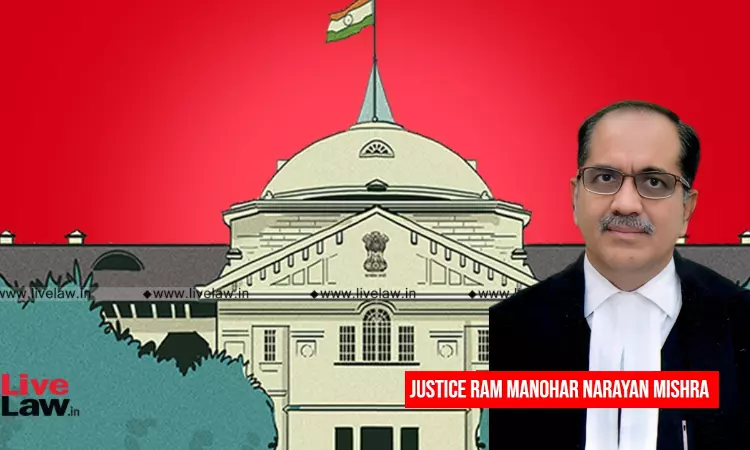Not Lawful For Magistrate To Direct Preliminary Inquiry Into Sexual Assault Allegations Made In S. 156 (3) CrPC Application: Allahabad HC
Sparsh Upadhyay
4 Nov 2024 6:57 PM IST

Next Story
4 Nov 2024 6:57 PM IST
The Allahabad High Court has observed that it is neither desirable nor lawful for a Magistrate, dealing with a Section 156 (3) plea containing sexual assault allegations, to direct a preliminary investigation/inquiry by police and to place reliance on the police report submitted in favour of the proposed accused. The Court observed that such an approach of the magistrate is not...
